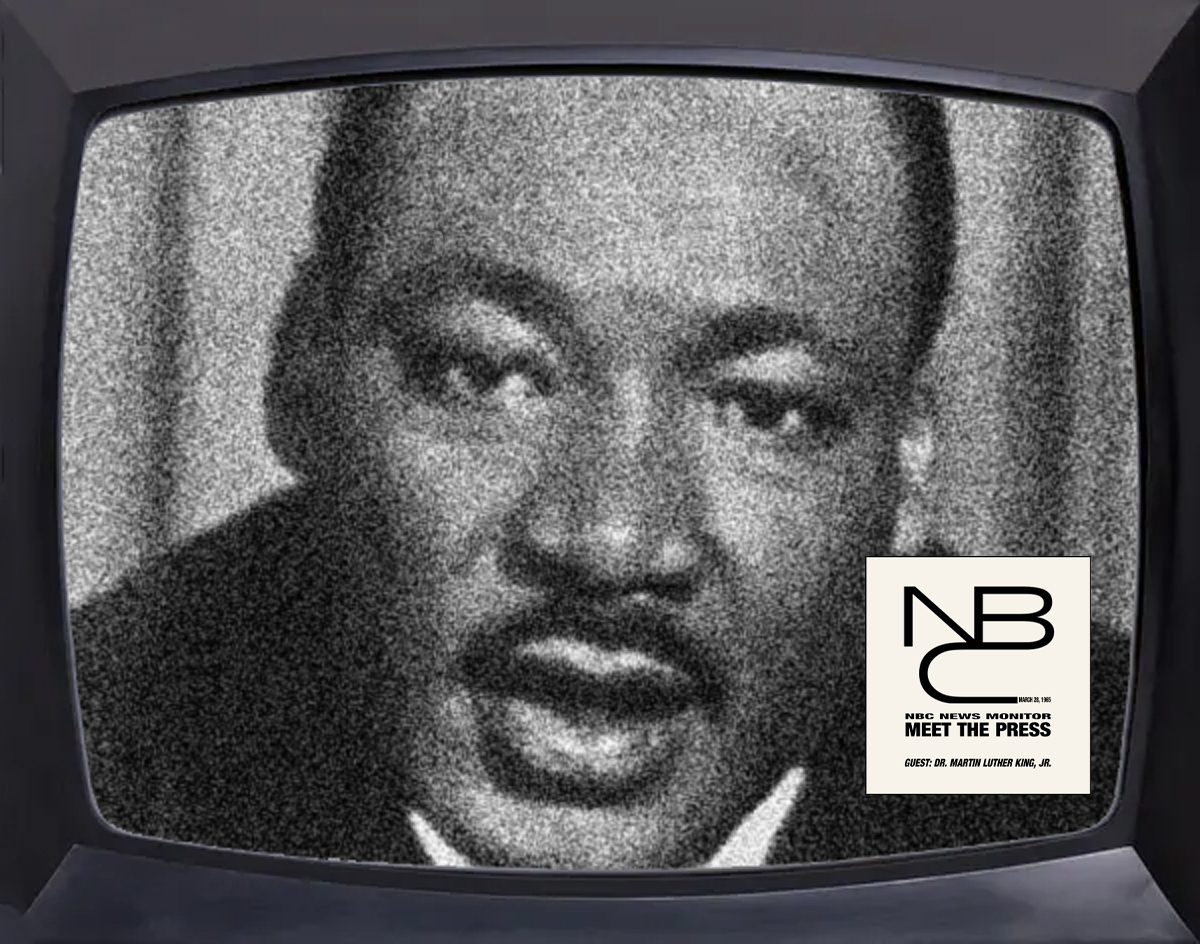Two Titans of NBC Revolutionized Journalism and Radio News in America NBC Radio's Monitor was a groundbreaking weekend program that aired from 1955
Two Titans of NBC Revolutionized Journalism and Radio News in America
 NBC Radio’s Monitor was a groundbreaking weekend program that aired from 1955 to 1975, with the 1960s being a particularly dynamic era for the show. Created by Sylvester “Pat” Weaver, the program was designed as a “magazine of the air,” offering a mix of news, music, comedy, sports, celebrity interviews, and variety segments. Its eclectic format was a radical departure from traditional radio programming, making it a unique listening experience.
NBC Radio’s Monitor was a groundbreaking weekend program that aired from 1955 to 1975, with the 1960s being a particularly dynamic era for the show. Created by Sylvester “Pat” Weaver, the program was designed as a “magazine of the air,” offering a mix of news, music, comedy, sports, celebrity interviews, and variety segments. Its eclectic format was a radical departure from traditional radio programming, making it a unique listening experience.
Monitor was an American weekend radio program broadcast live and nationwide on the NBC Radio Network from June 12, 1955, until January 26, 1975. It began originally on Saturday morning at 8am and continued through the weekend until 12 midnight on Sunday. After the first few months, the full weekend broadcast was shortened when the midnight-to-dawn hours were dropped since few NBC stations carried it.
The program offered a magazine-of-the-air mix of news, sports, comedy, variety, music, celebrity interviews and other short segments (along with records, usually of popular middle-of-the-road songs, especially in its later years). Its length and eclectic format were radical departures from the traditional radio programming structure of 30 and 60 minute programs and represented an ambitious attempt to respond to the rise of television as America’s major home-entertainment medium.
On March 28, 1965, Dr. King appeared on Meet the Press to discuss the historic Selma to Montgomery marches, which had taken place earlier that month. During the interview, he addressed the importance of the Voting Rights Act, the challenges of nonviolent resistance, and the ongoing struggle for civil rights.
NBC MONITOR | Dr. Martin Luther King, Jr. | SUNDAY, MARCH 28, 1965
Audio Digitally Remastered by USA Radio Museum | This audio is sole property and courtesy of the Gordon Skene Collection. Gordon is owner and curator of the Past Daily website.
This interview took place just three days after the historic Selma to Montgomery march, a pivotal event in the civil rights movement. Dr. King appeared remotely from San Francisco, while the panelists, including moderator Ned Brooks, Meet the Press co-creator Lawrence Spivak, Tom Wicker of The New York Times, James Kilpatrick of the Richmond News Leader, and NBC News reporter John Chancellor, were in Washington, D.C.
During the program, Dr. King discussed the significance of the Selma march, emphasizing its role in highlighting the urgent need for voting rights legislation. He addressed the brutal conditions faced by African Americans in Alabama, including police violence and systemic disenfranchisement. Dr. King also spoke about the broader goals of the civil rights movement, advocating for nonviolent resistance as a means to achieve social justice and equality.
This appearance was a powerful moment, as it brought the civil rights struggle into the homes of millions of Americans, further galvanizing support for the Voting Rights Act, which would be signed into law later that year.
Dr. Martin Luther King, Jr., although briefly, also addressed the tragic death of Viola Liuzzo, a Detroit civil rights activist, during this period. Determined to take action, Liuzzo traveled to Alabama to support the Selma to Montgomery marches. She participated in the successful march on March 21, 1965, and afterward volunteered to transport fellow activists between Selma and Montgomery. Tragically, on March 25, 1965 (and just three days before the Meet the Press broadcast), while driving with Leroy Moton, a young Black activist, Liuzzo was ambushed and murdered by members of the Ku Klux Klan. Her death sent shockwaves across the nation and underscored the dangers faced by civil rights activists. She had been helping transport marchers back to Selma when her car was ambushed by Klansmen.
Dr. King honored her sacrifice and courage, emphasizing her role as a white ally who stood in solidarity with the civil rights movement. Her death highlighted the ongoing dangers faced by activists and underscored the urgency of the Voting Rights Act, a bill which was later enacted by Congress and signed into law by President Lyndon B. Johnson on August 6, 1965. Her name is inscribed on the Civil Rights Memorial in Montgomery, Alabama, alongside other martyrs of the movement.
This legislation aimed to eliminate racial discrimination in voting, addressing barriers like literacy tests and other discriminatory practices that had disenfranchised African Americans, particularly in the South.
The Monitor Beacon, noticeably the program’s signature audio cue, is heard at the beginning of the featured NBC program. It was a mix of telephone tones and Morse code for the letter “M,” became an iconic sound that signaled transitions and station breaks.
Both Monitor and Meet the Press stand as iconic pillars of American broadcasting, each reflecting the ingenuity and adaptability of their time. While Meet the Press set the standard for political journalism with in-depth interviews and candid discussions, Monitor revolutionized radio by offering a rich tapestry of news, entertainment, and variety, captivating audiences across the nation. Together, these programs showcased the power of media to inform, connect, and inspire, leaving an indelible mark on the cultural landscape during their respective radio eras, as this Monitor recording reflects, from sixty years ago.

